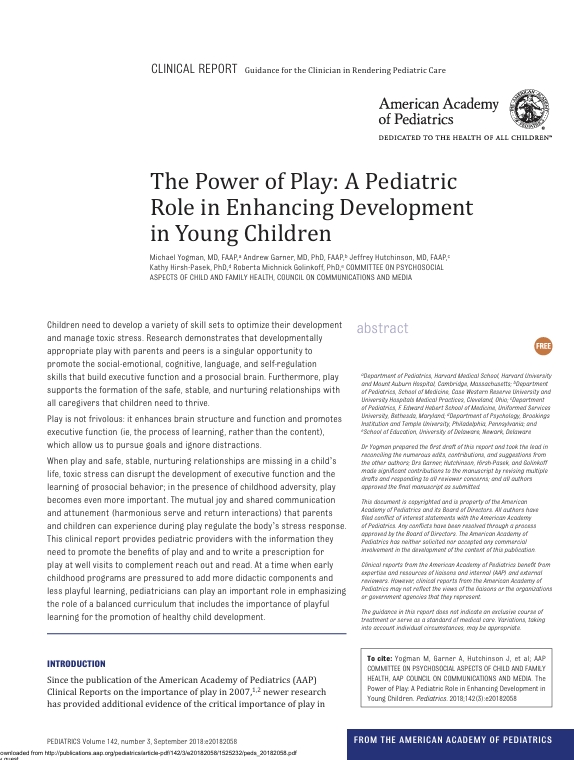SUMMARY
Benefits of Reading to Children:
For Infants:
Language Development: Reading to infants enhances their early language skills and helps them recognize sounds, words, and patterns. This early exposure to language lays the foundation for future communication skills.
Bonding: Sharing books with infants strengthens the parent-child bond. The interactive nature of reading fosters emotional connections and provides a sense of security.
For Toddlers:
Cognitive Development: Reading stimulates cognitive development by introducing toddlers to new concepts, vocabulary, and ideas. It supports their understanding of the world around them and enhances their memory and attention span.
Listening Skills: Listening to stories helps toddlers develop attention and comprehension skills, which are crucial for learning to read and write.
For Older Children:
Imagination and Creativity: Reading to older children sparks imagination and creativity. Exposure to diverse stories and characters encourages them to think creatively and explore different perspectives.
Critical Thinking: Engaging with complex narratives and themes helps develop critical thinking skills. Children learn to analyze, infer, and understand cause-and-effect relationships through stories.
Knowledge Acquisition: Books provide valuable information and insights into various subjects, contributing to a child’s general knowledge and understanding of the world.
Selecting Appropriate Books:
For Infants:
Choose books with bright, engaging illustrations and simple, repetitive text. Books with textures, flaps, and mirrors can also enhance sensory experiences.
Opt for books that feature familiar objects and routines to make the content relatable and comforting.
For Toddlers:
Select books with interactive elements such as lift-the-flap or touch-and-feel features to maintain their interest.
Look for stories with rhythmic, rhyming text to help develop phonemic awareness and language skills.
For Older Children:
Choose books that match the child’s interests and reading level to keep them engaged and motivated.
Incorporate a mix of genres, including fiction, non-fiction, and poetry, to broaden their literary exposure and stimulate intellectual curiosity.
Tips for Reading to Children:
Establish a Routine: Make reading a regular part of daily life. Consistency helps build a positive reading habit and provides children with a sense of routine.
Use Expressive Reading Techniques: Vary your tone, pitch, and pace to bring stories to life. Expressing emotions and using different voices for characters can make reading more engaging and enjoyable.
Interactive Reading: Encourage interaction by asking questions, discussing the story, and allowing children to predict what will happen next. This promotes active engagement and comprehension.
Make it Enjoyable: Ensure that reading time is fun and relaxed. Create a cozy reading environment and let children choose books that interest them to foster a love for reading.
The article emphasizes the significant impact of reading to children from an early age and provides practical advice on how to select books and make reading an enjoyable and educational experience. By incorporating these practices, parents and caregivers can support their children’s language development, cognitive growth, and emotional well-being.






